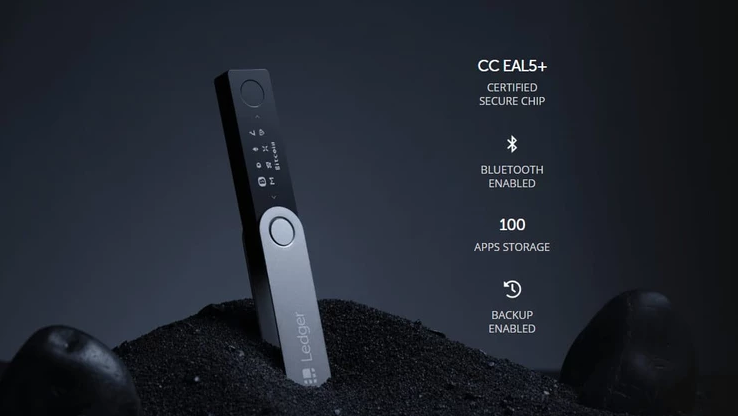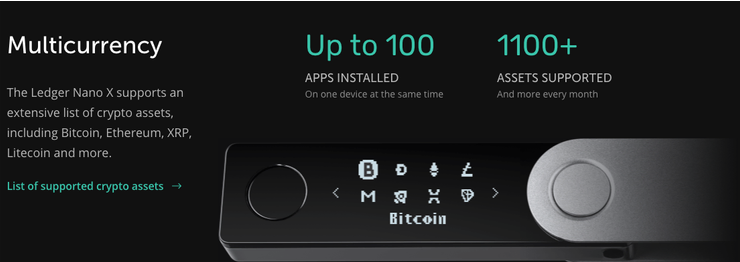SECURELY STORE CRYPTO OFF EXCHANGES IN COLD STORAGE
The Benefits of a Cryptocurrency Hardware Wallet & Ledger Live Application
A cryptocurrency wallet is exactly what it sounds like. It allows you to store your digital assets in a secure manner where only YOU can access them. Think of it like your own digital bank account.
So how do you access your crypto holdings in a crypto wallet? Well, similarly to unlocking your car to drive, or opening your safety deposit box at a bank, you need your keys.
When it comes to cryptocurrency, there are two types of keys.
Public keys and private keys (often a string of alphanumeric characters).
Public keys are publicly available to everyone on the network. For example, if Alice has Bob's public keys, she is able to send her crypto to Bob. Think of it like an email address.
But private keys are what's the MOST IMPORTANT.
As the owner of any crypto assets, what you really own are their "private keys". This is essentially your "digital signature". You need this digital signature to be able to access & freely move your funds around.
If you EVER LOSE your private keys, you will lose access to your crypto funds FOREVER. I repeat, if you lose your private keys, there is ZERO chance of recovering your funds...Yikes.
If someone else or a hacker retrieves those private keys (long string of alphanumeric characters), they can access & steal your funds entirely. Bottom line...Keep them safely to yourself.
Now that we've explained the importance of keeping your private keys SAFE, what are my options? Let's move to the next topic. Crypto Wallets.
There are typically two types of crypto wallets. 1) Hot Wallets Are connected to the internet. These are best for everyday users that plan to spend or trade their assets regularly.
Examples: Mobile wallets, desktop wallets, web wallets, even accounts on an exchange are often "hot wallets" also known as "online storage"
Pros: Quick access Cons: Security risk
2) Cold Wallets Are not connected to the internet and are much more secure. They're only connected online when you want to make a transaction. These are best for long-term and larger amounts of holdings.
Examples: Hardware wallets and paper wallets
Pros: Very secure & easy to use Best for long-term holdings Cons: Not practical for everyday crypto usage
As explained below, Ledger has the perfect all-in-one solution to allow you to stay in complete control of your crypto assets while keeping them secure.
Step-By-Step Tutorial Below:
- Who Is Ledger
- Setting Up Your Cryptocurrency Hardware Wallet
- Using The Ledger Live Application
- Staking/Growing Your Crypto Holdings
- Buying Crypto Assets Within The App
- Swapping/Exchanging Assets (DeFi)



